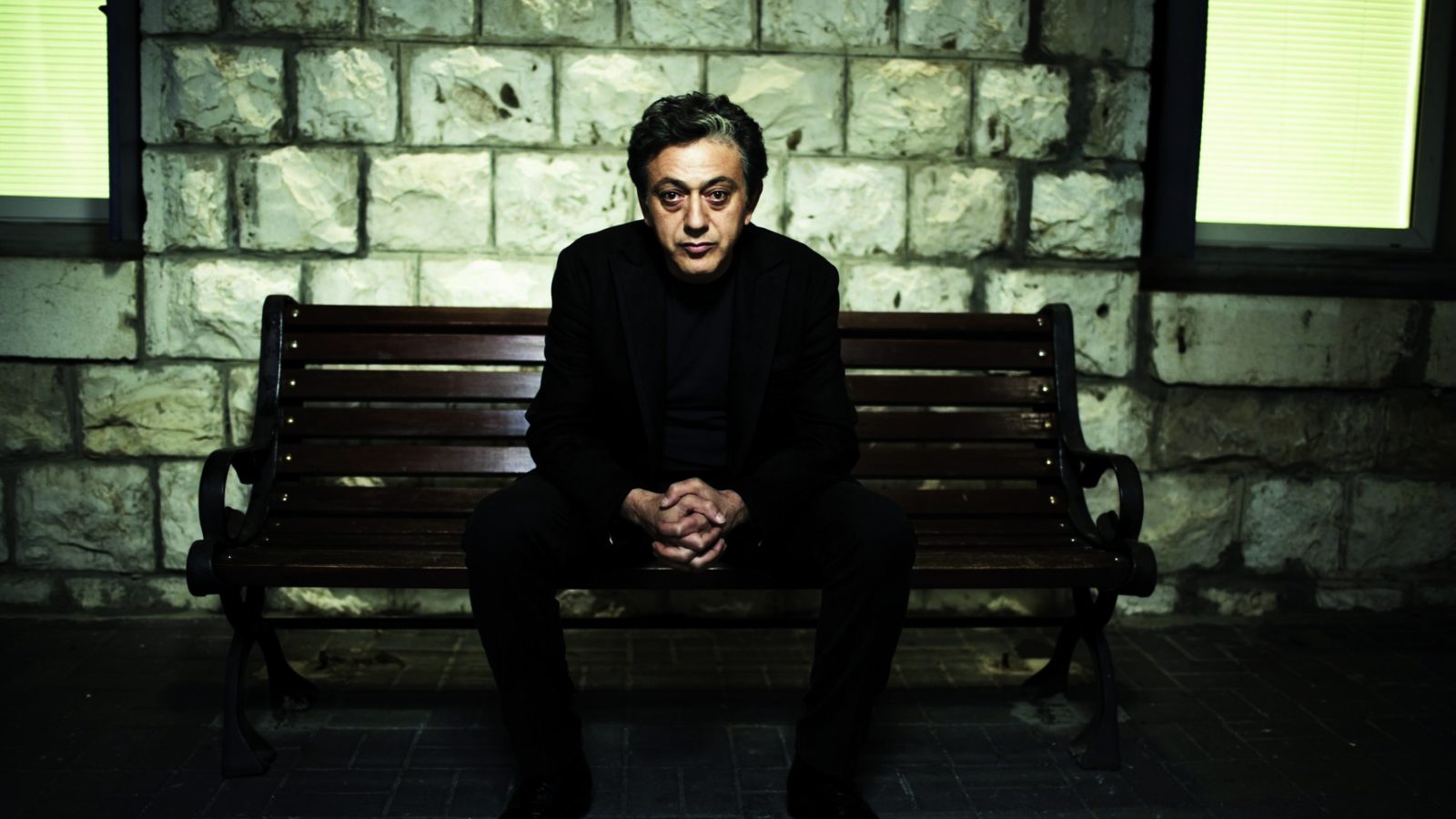Film
Bristol Palestine Film Festival 2019: The Time That Remains
- Director
- Elia Suleiman
- Certificate
- 15
- Running Time
- 110 mins
Presumably working on the basis that those who’ve endured occupation and oppression are uniquely entitled to find absurdist humour in it, Palestinian writer/director Elia Suleiman springs open the barrel of laughs that is the history of his homeland, from the creation of the state of Israel in 1948 to the present day. It’s the concluding part of a personal trilogy that began with 1996’s Chronicle of a Disappearance (never released in the UK) and continued with 2002’s Divine Intervention. If you saw the latter audience-dividing film, you’ll have some idea what to expect: a scattershot collection of often surreal, occasionally annoying and intermittently effective vignettes about daily life under occupation. That film was subtitled “chronicle of love and pain”; this one’s “chronicle of a present absentee”, with Sulieman taking centre stage once again to do his rather peculiar Buster Keaton-esque stone-face routine. Along the way, we get to see a bunch of Israeli soldiers disguised as Arabs shooting dead a woman who congratulates them on their victory; a running gag about a foul-mouthed old geezer who keeps dousing himself in petrol, bent on self-immolation; a Palestinian who gets turned on by female Israeli soldiers, and persuades his wife to dress up as one with unexpected results; and a class of Arab schoolchildren learning patriotic Hebrew songs and being indoctrinated with Hollywood’s Zionist allegory, Spartacus.
Inspired by his father’s diaries, Suleiman’s film follows the lives of those who chose to remain in their country as ‘Israeli-Arabs’. There’s no captioning to tell us when each episode unfolds, so we have to rely on the décor, background news reports, and the characters’ ages to orient ourselves. After a portentous prologue, the film opens with the mayor of Nazareth formally surrendering to the Israeli army. The Suleiman family then splits, with some members emigrating while Elia’s father Fuad (Saleh Bakri) stays behind to take part in armed resistance, and is brutally beaten for stashing weapons. As time passes, Fuad settles into apparent acceptance of subjugation, while the young Elia inherits his burning opposition to injustice, eventually succumbing to a similarly weary form of resignation. The film is divided into chapters and presented as a series of elegant, handsomely photographed tableaux, but it’s all rather hit-and-miss, Suleiman’s deadpan approach remaining very much an acquired taste.
It’s back on screen as part of the Bristol Palestine Film Festival.
is needed now More than ever

 Our newsletters emailed directly to you
Our newsletters emailed directly to you





